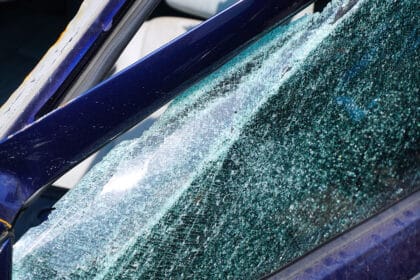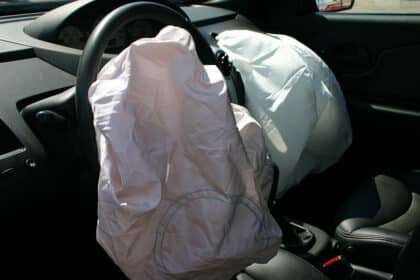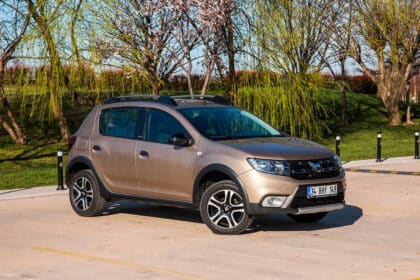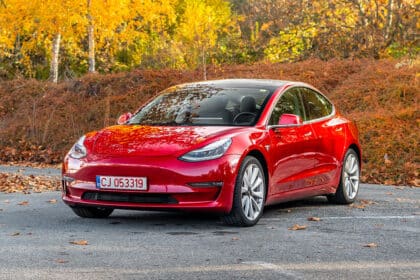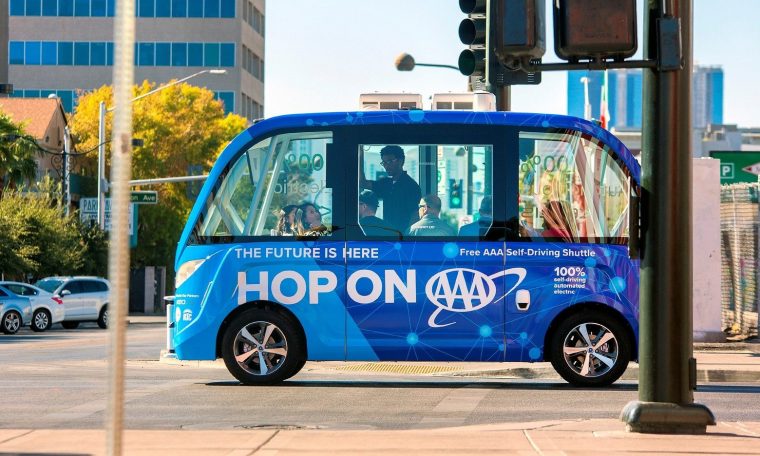
Photo: PR Newswire
Back in late 2017, a survey conducted by AAA found that 63 percent of American drivers were afraid to be a passenger in a self-driving vehicle. However, a series of accidents involving autonomous automobiles last year eroded public trust in self-driving vehicles.
AAA’s 2018 survey stated that 73 percent of American drivers were afraid to ride inside a self-driving vehicle. Not much has changed between then and now, as a recent AAA survey found 71 percent of American drivers are still afraid to be a passenger in an autonomous vehicle.
New Tech Spotlight: Mitsubishi Super All Wheel Control
Despite their fears of self-driving cars, those surveyed considered it an inevitability. In fact, 55 percent of survey respondents believed that by 2029, most cars would have autonomous technology.
While experts suspect it will take longer for self-driving cars to become mainstream, they do conclude that the number of vehicles with autonomous tech is set to greatly increase within the next few years.
A Top Choice in Terms of Safety: 2019 Mitsubishi Outlander’s safety earns Top Safety Pick recognition
AAA states that exposure to autonomous vehicles and technology is the best way to make people more comfortable with self-driving cars. In order to prove this hypothesis, AAA teamed up with Keolis North America, the Regional Transportation Commission of Southern Nevada, and the city of Las Vegas to offer participants rides in a self-driving shuttle. After the experience, many participants had an improved outlook regarding self-driving cars.
Exposure to advanced driver assistance systems, such as lane departure warning and automatic emergency braking, is another way for drivers to become more acquainted with self-driving tech. Drivers who have access to one of these assistance systems are 68 percent more likely to trust similar safety features.
“Automated vehicle technology is evolving on a very public stage and, as a result, it is affecting how consumers feel about it,” explains Greg Brannon, AAA’s director of Automotive Engineering and Industry Relations. “Having the opportunity to interact with partially or fully automated vehicle technology will help remove some of the mystery for consumers and open the door for greater acceptance.”
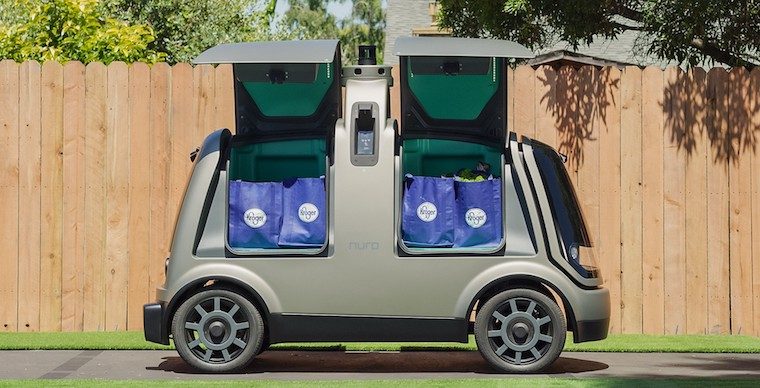
Photo: Kroger
Public perception of self-driving vehicles also improve based upon their use. Fifty-three percent of people surveyed are comfortable with low-speed, autonomous people-movers, such as those found at airports or theme parks. Forty-four percent would be comfortable having a self-driving vehicle deliver food or packages.
Nevertheless, only 20 percent of those surveyed responded that they would be comfortable with a self-driving car transporting a loved one.
It would seem that the general public is still weary of self-driving vehicles at the moment. Yet, as these types of vehicles become more commonplace, the overall acceptance of them is likely to increase.
Source: AAA

The News Wheel is a digital auto magazine providing readers with a fresh perspective on the latest car news. We’re located in the heart of America (Dayton, Ohio) and our goal is to deliver an entertaining and informative perspective on what’s trending in the automotive world. See more articles from The News Wheel.



